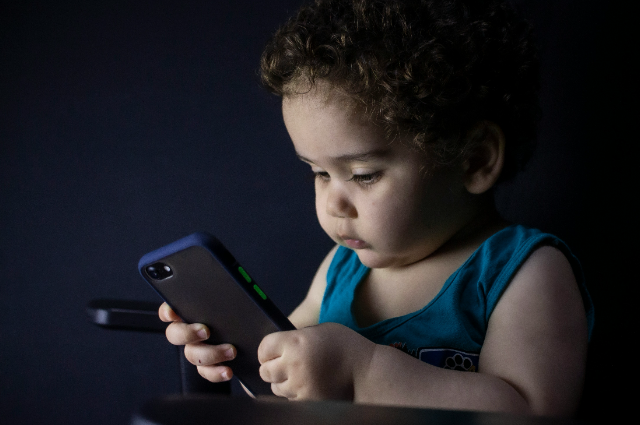
Photo by hessam nabavi on Unsplash
In our fast-paced digital era, it's becoming increasingly common for children to embrace the world of mobile phones at a tender age. This trend raises questions about the impacts, both positive and negative, on their development. Let's explore the nuances, weigh the pros and cons, and discuss practical strategies for parents to foster a healthy relationship between their kids and technology.
1. Kids and Phones – A Common Combo:
The statistics are telling – children are becoming acquainted with mobile phones earlier than ever. The allure of touchscreen devices and the captivating world of apps make it almost inevitable that kids will start using phones before they even step into a formal educational setting.
2. The Good Side:
However, it's essential to recognize that mobile phones can be valuable educational tools. Apps designed for learning can stimulate cognitive development, providing interactive and engaging experiences. Furthermore, these devices facilitate communication, allowing children to connect with family and friends, particularly in a world where virtual interactions are increasingly prevalent.
3. The non-favorable aspects:
Despite the positive aspects, there are legitimate concerns about the potential downsides of excessive screen time. The rise of social media introduces new challenges, with potential consequences for children's self-esteem and overall well-being. The specter of addiction looms, emphasizing the need for parents to set clear boundaries around phone usage.
4. Tips for Parents:
Parents play a pivotal role in guiding their children through the digital landscape. Implementing parental controls, using monitoring apps, and maintaining open communication are vital components of responsible parenting in this digital age. Being aware of the content children consume and setting limits on screen time can help strike a balance between the positive and negative aspects of mobile phone usage.
5. Balancing:
Making a balance is the way. While mobile phones offer educational opportunities, it's crucial to encourage outdoor play, physical activities, and face-to-face interactions. Fostering a healthy relationship with technology involves guiding children to use mobile phones as tools for learning and creativity rather than as passive entertainment.
6. Staying Safe:
Making children aware about online safety is a very crucial step. Providing guidance on responsible digital citizenship and the potential danger of cyberbullying equips them to navigate the digital world safely. It's crucial for parents to stay informed about their children's online activities and foster an environment where open discussions about digital experiences are encouraged.
7. Lead by Example:
Parents should set a positive example. Modelling responsible mobile phone use demonstrates the importance of balance and mindfulness. By showcasing healthy digital habits, adults can positively influence their children's attitudes towards technology.
Conclusion:
The relationship between children and mobile phones is multifaceted. While the digital landscape presents unprecedented opportunities for learning and connection, it also poses challenges that require thoughtful navigation. By fostering a balanced approach, embracing educational benefits, and addressing potential pitfalls, parents can guide their children to navigate the digital playground safely, ensuring healthy and holistic development. In doing so, we can enable our children to enjoy the benefits of technology while preserving the joys of a well-rounded childhood.
